Brazil Gambling Trade Associations Unite Against Rising Industry Taxes


Photo by Wikimedia Commons, CC BY-SA 3.0
Key Takeaways
- The proposal would hike international remittance taxes to 3.5%
- It would also add 13% levies through CBS/IBS models
- Tax hikes could force licensed operators out of Brazil
Brazil’s licensed betting industry has issued a warning against tax reforms aimed at addressing fiscal shortfalls. Major associations, including the National Association of Games and Lotteries (ANJL), Brazilian Institute of Legal Gambling (IJL), and Brazilian Institute of Responsible Gambling (IBJR), caution that increased levies on regulated operators would be a blow to the legal market while reviving illegal gambling.
The opposition stems from concerns that authorities might raise sector taxes to compensate for revenue losses should Decree No. 12,446 be repealed. The move would increase international remittance taxes from 0.38% to 3.5%.
Heavy Tax Burden
In a joint statement, the gambling associations branded the potential tax hike as “unjustified from any technical, economic or public policy perspective.” They noted that the regulatory framework of Law No. 14,790/2023 remains in its infancy and requires stability.
Brazil currently ranks among the world’s highest-taxed betting markets, where operators currently face a heavy load: 12% federal gaming levy, 9.25% PIS/COFINS contributions, up to 5% municipal ISS tax, 34% corporate income tax (25% IRPJ + 9% CSLL), and regulatory fees reaching R$2 million monthly per licensee.
Additional Constraints
The proposed tax reform could impose an additional 13% burden through new CBS/IBS models. Also, a pending “sin tax” with undetermined rates threatens to push levies close to 50% of revenue. With 79 licensed operators investing over R$2.4 billion annually in entry fees alone, contributions in 2025 are predicted to exceed R$4 billion. These funds are allocated to national priorities, including healthcare, education, public security, and social welfare programs.
Anticipated Consequences
Industry representatives warn the proposed tax hikes could make the business model unsustainable and force licensed operators to abandon the Brazilian market. The statement cautions, “This disruption may result in litigation and systemic imparts, driving away investments and generating instability.”
European jurisdictions like Italy and Spain that applied similar models demonstrate how excessive taxation in newly regulated markets often fuels illegal gambling growth. Brazil already exhibits this risk, with the legal sector generating approximately R$3.1 billion monthly, while the unregulated market handles an estimated R$6.5 billion to R$7 billion.
Trade bodies stress that addressing temporary fiscal gaps shouldn’t destabilize a regulatory framework still in its infancy. As emphasized by the joint statement, “Compensating for temporary tax losses by disproportionately increasing the burden on a sector that is still undergoing regulatory consolidation compromises the very objective of public policy: channeling consumers to a safe, legal, monitored, and socially responsible environment.”
Lucas Michael Dunn is a prolific iGaming content writer with 8+ years of experience dissecting it all, from game and casino reviews to industry news, blogs, and guides. A psychology graduate and painter that transitioned into the iGaming world, his articles depend on proven data and tested insights to educate readers on the best gambling approaches. Beyond iGaming content craftsmanship, Lucas is an avid advocate for responsible play, focusing on empowering players to strike a balance between thrill and informed choices.
Related News

Entain expands German iGaming portfolio through new Swintt partnership
Entain has strengthened its German iGaming offering after announcing a new content partnership with Swintt. The agreement adds further regulated slot titles to Entain’s local portfolio as operators compete for visibility in one of Europe’s most tightly controlled online markets.

Macau Casinos Hit New Post-COVID High in 2025 Despite December Slump
Macau’s 2025 GGR reached US$30.86 billion, up 9.1% from 2024 and the highest since the pandemic onset, but remains below pre-pandemic levels.

Portugal Casino Concessions Extended Amid Tender Processing Delays
Portugal extends casino licenses for a strictly necessary period of three months during procedural steps, unless legal challenges arise.

Finnish Twitch Streamer Risks Penalty for Unauthorized Gambling Promotions
Finnish authorities found Rostedt’s Twitch repeatedly hosted gambling content targeting mainland Finland, breaching marketing laws.

Bulgaria Probes Casino Visits During Hospital Stays in Insurance Fraud Case
Bulgaria’s National Health Insurance Fund questions patients for 22,000+ casino visits during incomplete hospital status in H1 2025.

Argentina Freezes €4.1 Million from Zuco-Linked Illegal Online Gambling Network
Argentine court orders the detainment of Roberto Zuco for leading an illegal online gambling network termed “organized digital economic crime.”

Vietnam Proposes Mandatory Bettor ID Verification for Football and Racing
Vietnam seeks to enforce ID checks, including name, nationality, and address, for betting accounts under revised anti-money-laundering decree.
.jpg)
Netherlands Fines LeoVegas €500,000 for Player Safeguard Breaches
Dutch regulator Kansspelautoriteit (KSA) found LeoVegas breached duty of care laws in all examined player files from October 2023 to May 2024.

Russian Parliament Approves Self-Exclusion System to Roll Out Nationwide
The new system allows enrollment in a national gambling registry for a 12-month non-revocable exclusion managed by a unified regulator.

Star Entertainment Faces Restructuring Under Bally’s Chairman Proposed Strategy
Bally’s chairman, Soo Kim, proposes dismantling Star’s corporate entity for sustainable property-level management, putting jobs on the line.

Star Entertainment Group Confirms Board, CEO Leadership Changes
Bruce Mathieson Jnr transitions from chairman to CEO, pending finalization, and Soo Kim is named chairman, as Hodgson and Thornton resign.

Ethiopia Revokes All Sports Betting Licenses Citing Illegal Operations
Ethiopian Lottery Service cites licensing breaches, illegal transfers, and security threats, revoking the permits under federal mandate.

Macau Casinos Lower Mass Baccarat Minimums After Satellite Shutdowns
Macau mass baccarat averaged HK$2,058 minimum in December, a 4% year-on-year rise and 3% month-on-month as casinos chase player demand.

Iron Bank 2: Relax Gaming and CasinoGrounds Reunite for Cuban Slot Sequel
Iron Bank 2 merges Cuban aesthetics with 4,096 win ways, a highly volatile math model, wild multipliers, and customizable base gameplay.

Convicted Australian Bettor Seeks Recovery of Gambled Client Funds
Jailed for defrauding over AU$3 million from 12 clients to gamble, Fineff admits guilt but claims bookmakers failed to implement client care duties.

Polish Legislation Targets to Classify Game Loot Boxes Under Gambling Laws
The legislation marks Poland’s first legal push to regulate loot boxes as gambling, responding to expert calls to protect youth from addiction risks.

Hacksaw Unleashes Cosmic Chaos in Highly Volatile Jaws of Justice Slot
Jaws of Justice merges a bizarre cosmic shark theme with a volatile math model, awarding up to 200x wild multipliers and three free spin tiers.

Vietnam Eyes Financial Law Reforms to Permit Citizen Casino Entry
Vietnam’s casino reforms target financial verification hurdles, citing paperwork delays and operational red tape, with plans to streamline the process.
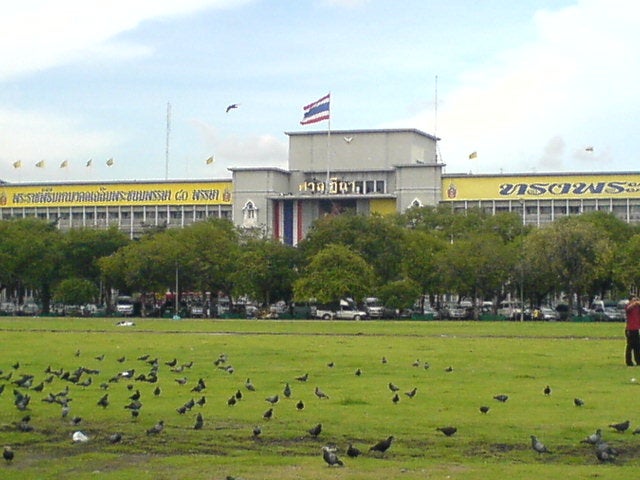
Thailand Probe Cambodian Athletes’ Casino-Logo Jackets at SEA Games
Online images from the Hua Mark ceremony show Cambodian jackets with the NagaWorld casino logo below the national emblem, prompting the investigation.
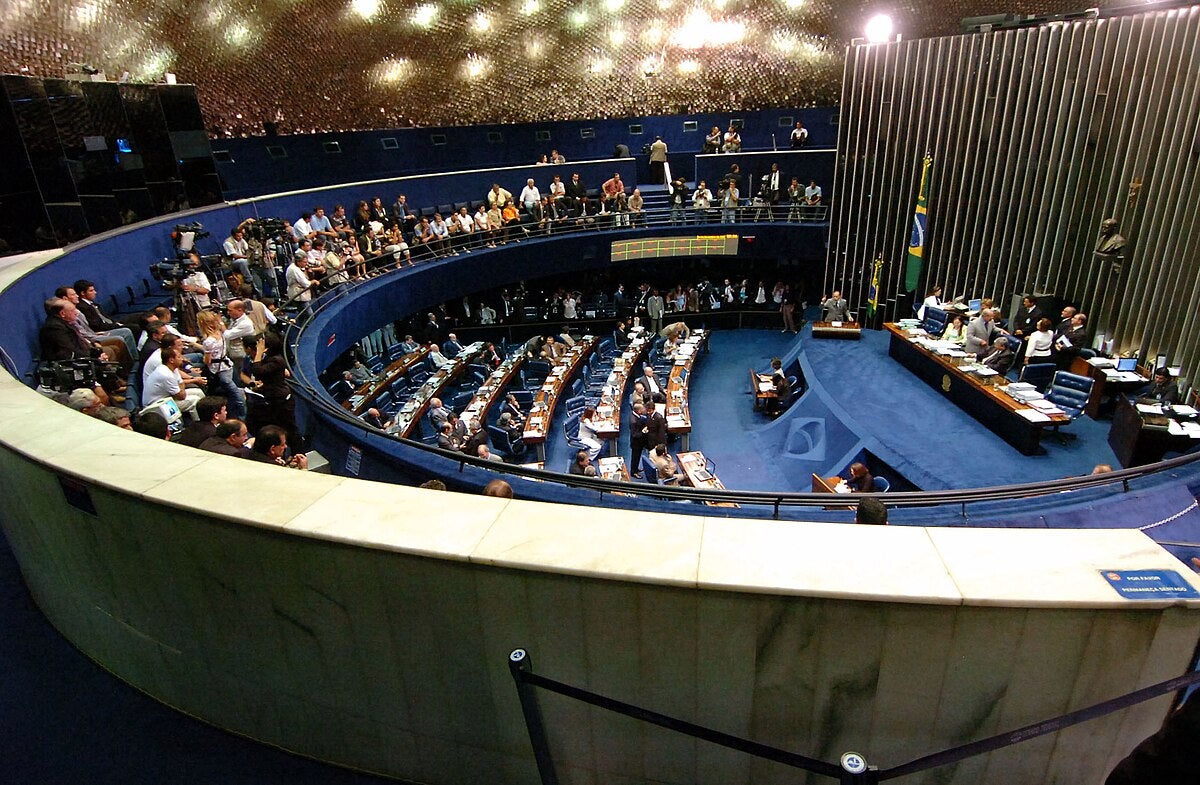
Brazil Senate Approves 15-18% Betting Tax Reforms and Longer Dividend Exception
The changes, authored by Senator Renan Calheiros, will advance to the Chamber of Deputies unless a full senate review is requested.

Curacao Gaming Authority Under Investigation by OM Over Gambling Sector Misconduct
The probe follows board resignations that sparked leadership turmoil, as CGA oversight shifted to PM Pisas, removing the Finance Ministry’s control.

EY Study Reveals Illegal Online Gambling in Spain Exceeds Previous Estimates
Spain’s unregulated online gambling sector generated €231 million in 2024, representing 16% of the legal market and dominated by high spenders.
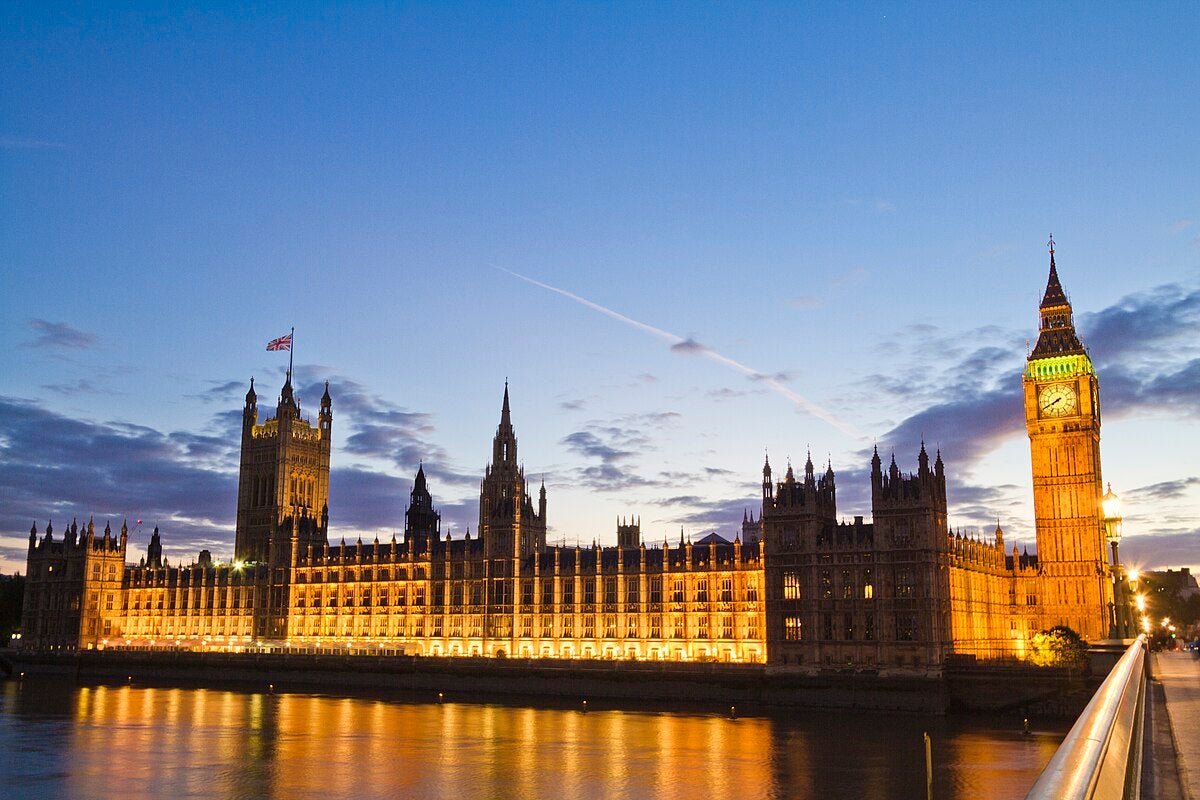
UK Horseracing Tax Exemption Stands as Gambling Sector Faces Hike
OBR forecasts £1.1 billion revenue by 2031 from the tax hike but expects a 33% yield drop from lower demand and operators passing down taxes.

Ontario iGaming Shatters Spending and Revenue Records in October
Ontario’s online gambling bets set a third straight monthly record with CAD9.25 billion in October, driven by casino games recording CAD7.9 billion.

Big Time Gaming Releases White Rabbit 2 with Hold & Spin and Megapots
White Rabbit 2 upgrades the wonderland experience with up to 248,832 win ways, Hold & Spin mechanics, and Megapots of up to 88,888x the stake.

Macau Satellite Casino Closures Accelerate with Fortuna’s Dec Exit Plans
Amid SJM satellite casino closures, Casino Fortuna will exit the market on Dec 10, as Ponte 16 closes on Nov 28 and Kam Pel Casino on Nov 30.
Macau’s October Tourist Arrivals Hit 3.47M, Marking 10.8% YoY Growth
Mainland Chinese tourists dominated Macau’s October arrivals (2.53 million), with 1.32 million using the Individual Visit Scheme, up 22.6% YoY.
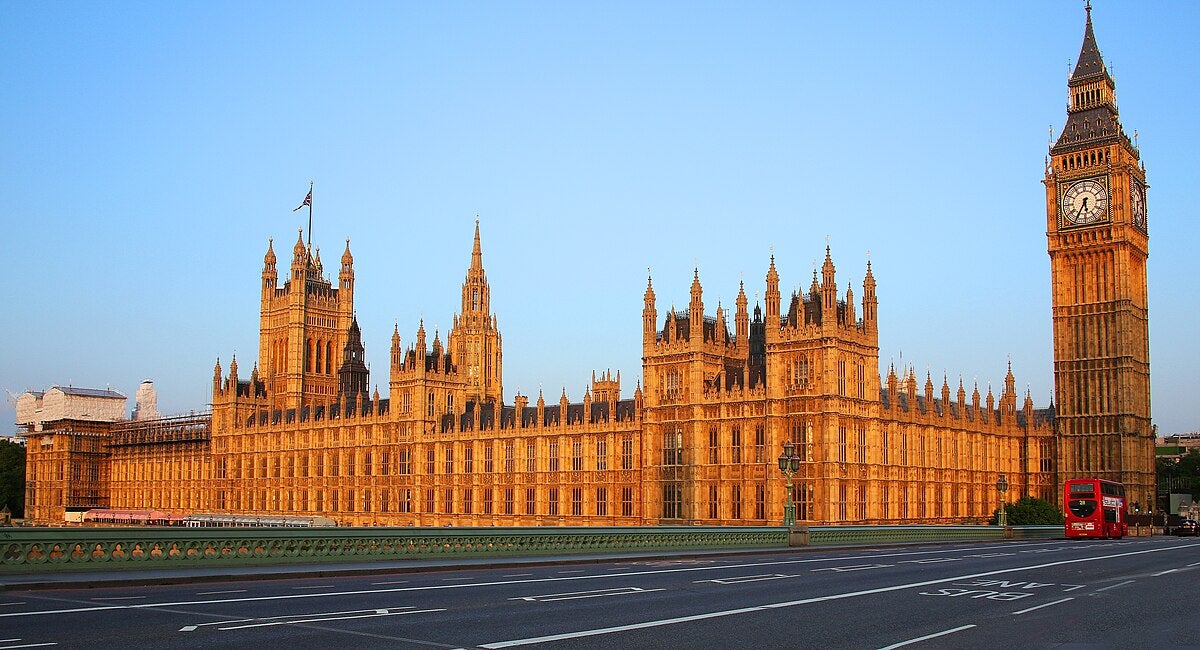
UK Lawmakers Push for Gaming Tax Overhaul Amid Rising Online Revenue
The broadly backed gaming tax hike faces some opposition, with critics warning of pricing out smaller firms as larger operators dominate.

DraftKings & BetMGM Expand Retail Sportsbook Footprint in Puerto Rico
DraftKings and BetMGM expand into Puerto Rico with 24/7 retail sportsbooks at Foxwoods El San Juan Casino and Mayaguez Resort and Casino.
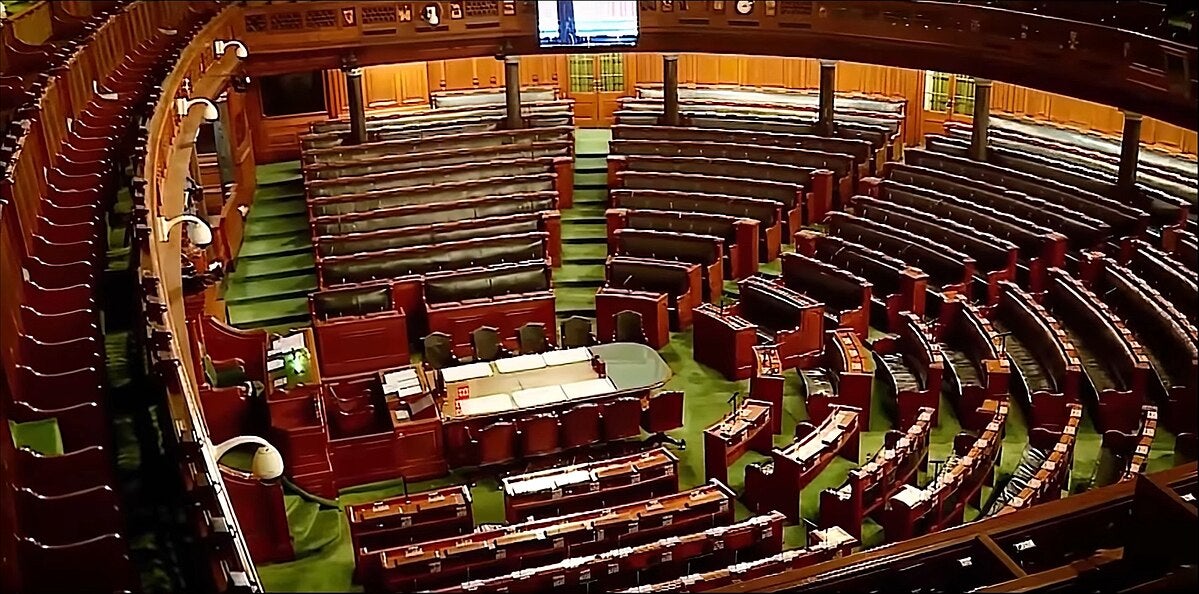
PROGA Inaction Triggers India’s Real Money Gaming Industry Meltdown
PROGA’s enforcement sits in a three-month limbo, sparking the real money gaming sector collapse as firms exit India amid regulatory uncertainty.

DigiPlus Secures Majority Stake in IEC, Merging Digital & Land-Based Gaming
DigiPlus agrees to HK$1.6 billion convertible notes (two tranches) for 53.89% IEC stake, gaining control of New Coast Hotel Manila.
SJM Holdings’ Profit Plunges 91% to HK$9M as Satellite Casinos Exit Macau
The company reported net gaming revenue of HK$6.54B (US$84M), down 6.5%, and total net revenue of HK$7.03B (US$905M), down 6.2%.

Philippines Q3 Gaming Revenue Stays Flat at PHP94.5B Amid Digital Reforms
PAGCOR reports flat annual gaming revenue at PHP94.5B vs last year’s PHP94.6B amid digital reforms, while quarterly figures fell 14.6%.



